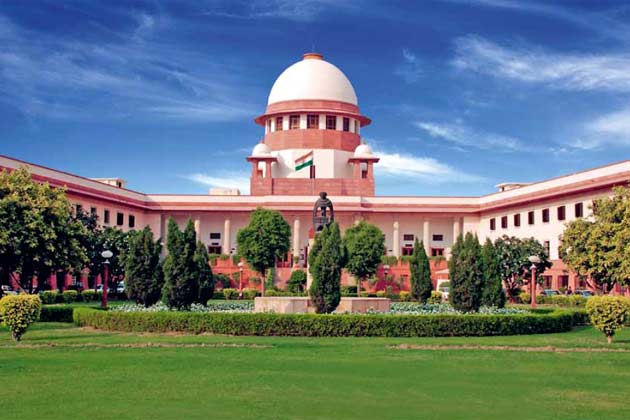Excelsior Correspondent
Srinagar, July 19: The High Court while quashing the termination order of Rehbar-e-Taleem (ReT) teachers has directed the Government to consider their case for relaxation of minimum age in their favour and regularise their services as General Line Teachers from the date they have completed five years as ReTs.
Justice Sanjeev Kumar in a significant decision quashed the order dated 21.02.2022 whereby the services of the petitioners as ReTs have been terminated citing that at the time of engagement as the ReTs they were underage.
The court while quashing their termination order directed authorities to consider their cases and pass appropriate order of relaxation of minimum age in their favour and regularize their services under the Scheme from the date they have completed five years satisfactory services as ReTs.
Court has also held that they are entitled to all consequential benefits including the arrears of salary, increments etc. “Let a decision in this regard be taken by the respondents within a period of two months from the date a copy of this judgment is served upon them. Till a final decision in the matter, as directed, the petitioners shall be permitted to perform their duties as ReTs in their respective schools”, court ordered.
The petitioners were engaged after a proper selection as ReTs and while scrutinizing their cases for regularization as General Line Teachers by the Administrative Department of School Education they were found underage and ineligible to be appointed as ReTs.
Justice Kumar said that though, the minimum and maximum age limit for direct recruitment to various services of the Government is prescribed, yet, a discretion has been given to the competent authority to relax the age limit, whether it is upper or lower.
As per the case brief they at the time of submission of their application forms, had attained the age of 18 years, but on the date of the advertisement notifications were issued, they were less than 18 years and their application forms were accepted and they were permitted to participate in the selection process by none other than the respondents.
Court said that their candidature was not disputed at any point of time. As the luck would have it, they even succeeded in making it to the select list and consequently they were all appointed as ReTs and have now rendered more than five years’ service as ReTs and have become entitled to regularization under the ReT Scheme.
Court added that the ineligibility qua their minimum age, at the relevant point of time, has been made the sole basis to reject their claim for regularization and the authorities have gone a step further in terminating their services by virtually holding their engagements as ReTs void ab initio.
“The respondents forget that it is because of their action or in-action, the petitioners were allowed to apply and participate in the selection process. Upon their selection, they were engaged as ReTs and permitted to perform their duties as such for more 10 years. They may now have become overage or incapable of seeking an employment elsewhere. The impugned order is nothing short of an open and naked exhibition of bureaucratic arrogance.”, read the judgment.
Having regard to the facts and circumstances of the case, court recorded that there is no escape from the conclusion that the cases of the petitioners do call for invoking the power of relaxation vested in the employer by the statutory rules. “There could hardly be a better case than the case on hand for exercising such power of relaxation vested in the Government to do justice in a particular case”, court said.
Justice Kumar observed that court does not think there could be any case better or harder than the instant case. Showing somebody door and deprive him of his right to livelihood after he has served the Department for 10 long years, cannot be done so casually as has been done by the respondents.
The respondents, court said, have also forgotten that they have a Constitutional duty to provide adequate hearing to the petitioners before taking an action entailing serious evil and civil consequences for them.


